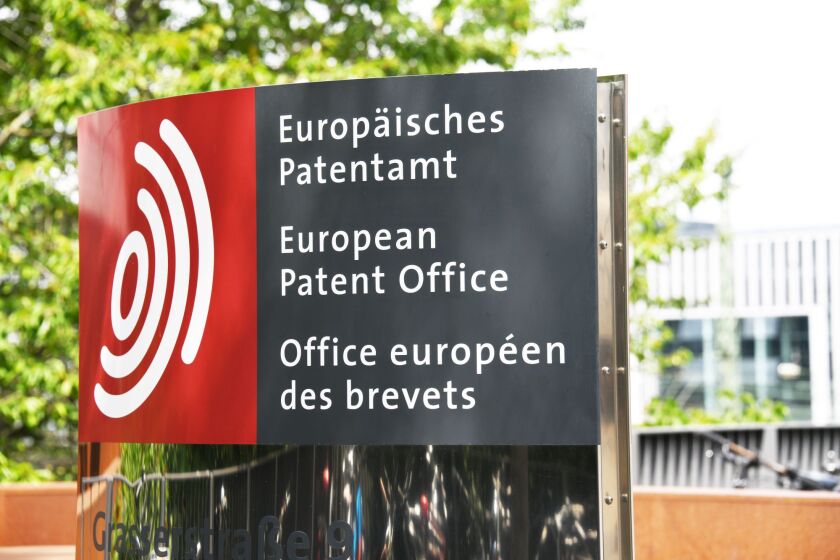Article 105 of the European Patent Convention (EPC) allows a third party who is defending themselves in infringement proceedings before national European courts, or who has started non-infringement proceedings, to intervene in pending opposition proceedings, even if the deadline for filing an opposition has expired.
The so-called intervention gives a defendant an opportunity to challenge a European patent at the EPO, without having to rely on existing opposition proceedings.
The Enlarged Board of Appeal at the EPO has recently ruled in decision G 2/24 on a particular aspect of the intervention process.
In the referring case (T 1286/23), opposition proceedings were concluded with the issuance of a written decision. A notice of appeal was duly filed by the opponent. Shortly thereafter, a third party filed an intervention under Article 105 of the EPC, paid the opposition and appeal fees, and filed their arguments against the patent.
A few months later, the sole opponent withdrew their appeal. According to established case law of the EPO, withdrawal of the sole appeal should terminate appeal proceedings immediately. The questions posed by the referring case were:
Whether the appeal proceedings could be continued with a third party who intervened during appeal proceedings; and
If so, what status does this party acquire?
The answer provided by the Enlarged Board of Appeal on September 25 2025 is to-the-point. Decision G 2/24 found that – after withdrawal of all appeals – appeal proceedings may not be continued with a third party who intervened during the appeal proceedings. Also, G 2/24 found that the intervening third party does not acquire appellant status.
It seems that the status of intervening third parties is therefore somewhat unsafe, if they only intervened in appeal proceedings, as it depends on the actions of the ‘true’ appellants. To avoid this uncertainty, it is important that – wherever possible – interventions are filed during opposition proceedings, and not solely during appeal proceedings.











